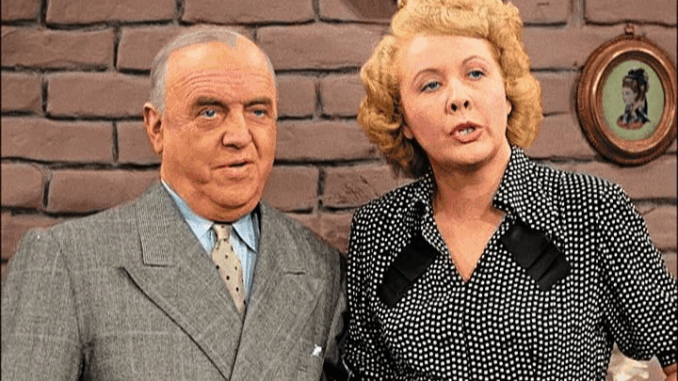
When *I Love Lucy* premiered in 1951, few could have predicted the revolutionary impact it would have on the television industry. Not only did it become an instant hit, but it also redefined what it meant to produce and star in a sitcom. Lucille Ball and Desi Arnaz, the real-life couple behind the show, transformed television by introducing multi-camera filming in front of a live audience—a technique still used in sitcoms today.
But *I Love Lucy* wasn’t just about innovation. At its heart was Lucy Ricardo, a character who charmed audiences with her relentless curiosity, lovable chaos, and hilarious schemes. Lucille Ball’s impeccable comic timing, physical humor, and expressive face made Lucy a timeless figure. The show allowed women to be the center of comedy, not just its supporting act, and that shift still resonates with audiences and creators.
More than seventy years later, *I Love Lucy* is still beloved, syndicated globally, and studied in film and media courses. It isn’t just classic TV; it is a cultural cornerstone that paved the way for generations of comedians and showrunners.
